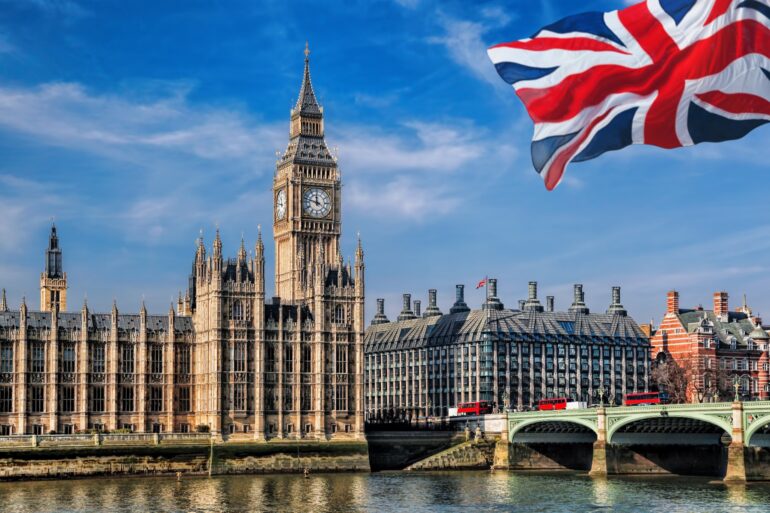Becoming a citizen of the United Kingdom is a significant milestone, offering individuals the chance to fully participate in the vibrant, diverse, and historically rich British society.
Whether you’ve lived in the UK for years, recently arrived, or are planning your journey towards citizenship, this comprehensive guide will navigate you through the intricacies of the UK’s citizenship process, eligibility criteria, application steps, and the rights and responsibilities that come with being a British citizen.
Why Pursue UK Citizenship?

Before delving into the process, it’s essential to understand why UK citizenship is a desirable goal for many individuals:
- Legal status ─ UK citizens enjoy a secure legal status within the country, with the right to live and work in the UK without any immigration restrictions.
- Political participation ─ As a British citizen, you have the right to vote in all UK elections, including general elections and referendums, allowing you to influence the country’s political direction.
- Access to services ─ Citizenship grants access to the full range of public services, including healthcare, education, and social benefits, on the same terms as other UK nationals.
- Passport ─ A British passport is one of the most powerful in the world, providing visa-free or visa-on-arrival access to numerous countries, simplifying international travel.
Eligibility for UK Citizenship
To qualify for application British citizenship, you must meet specific eligibility criteria. The most common routes to citizenship include:
- Birth or descent ─ You may be eligible if you were born in the UK or have a parent who is a British citizen.
- Naturalization ─ This is the most common route for adults. To be eligible, you typically need to have lived in the UK for at least five years (with certain exceptions) and meet specific residency and language requirements.
- Ancestry ─ If you have a grandparent born in the UK, you may be eligible for citizenship through the UK Ancestry route.
- Spousal or civil partner route ─ If you are married to or in a civil partnership with a British citizen, you may be eligible for citizenship after living in the UK for a specified period.
The Application Process

After establishing your eligibility, you can advance to the application process:
- Gather required documents ─ Collect all necessary documentation, including proof of identity, residence, and English language proficiency.
- Complete the application form ─ Submit the appropriate citizenship application form, available on the UK government’s official website.
- Pay the application fee ─ Pay the requisite fee, which varies depending on the type of application and whether you’re applying as an adult or child.
- Biometrics and photos ─ Attend an appointment to provide biometrics (fingerprints and photographs) at a designated service center.
- Attend the citizenship ceremony ─ If your application is successful, you will receive an invitation to a citizenship ceremony. This is a symbolic event where you will pledge allegiance to the UK and receive your certificate of citizenship.
- Receive your British passport ─ After the ceremony, you can apply for a British passport, which is optional but highly recommended for international travel and identification purposes.
Rights and Responsibilities of UK Citizens
Becoming a British citizen brings with it certain rights and responsibilities:
Rights
- Right to live and work ─ You can live and work in the UK without any immigration restrictions.
- Voting rights ─ You have the right to vote in all UK elections, including general elections and local council elections.
- Access to public services ─ You can access public services, including healthcare and education, on the same terms as other UK nationals.
- Freedom to travel ─ A British passport provides visa-free or visa-on-arrival access to numerous countries.
Responsibilities

- Loyalty ─ As a British citizen, you are expected to be loyal to the UK and its values.
- Obeying laws ─ You must obey UK laws, including paying taxes and respecting the rights of others.
- Jury service ─ You may be called for jury service, a civic duty that involves participating in legal trials.
- Defending the UK ─ In times of national crisis, British citizens may be called upon to defend the country.
Conclusion
Becoming a UK citizen is a significant achievement that opens doors to numerous opportunities and benefits. However, it’s essential to approach the process with a clear understanding of eligibility requirements, documentation, and the responsibilities that come with citizenship.
By following the steps outlined in this comprehensive guide, you can navigate the path to UK citizenship with confidence and embark on a journey that connects you to the rich tapestry of British history, culture, and society.
